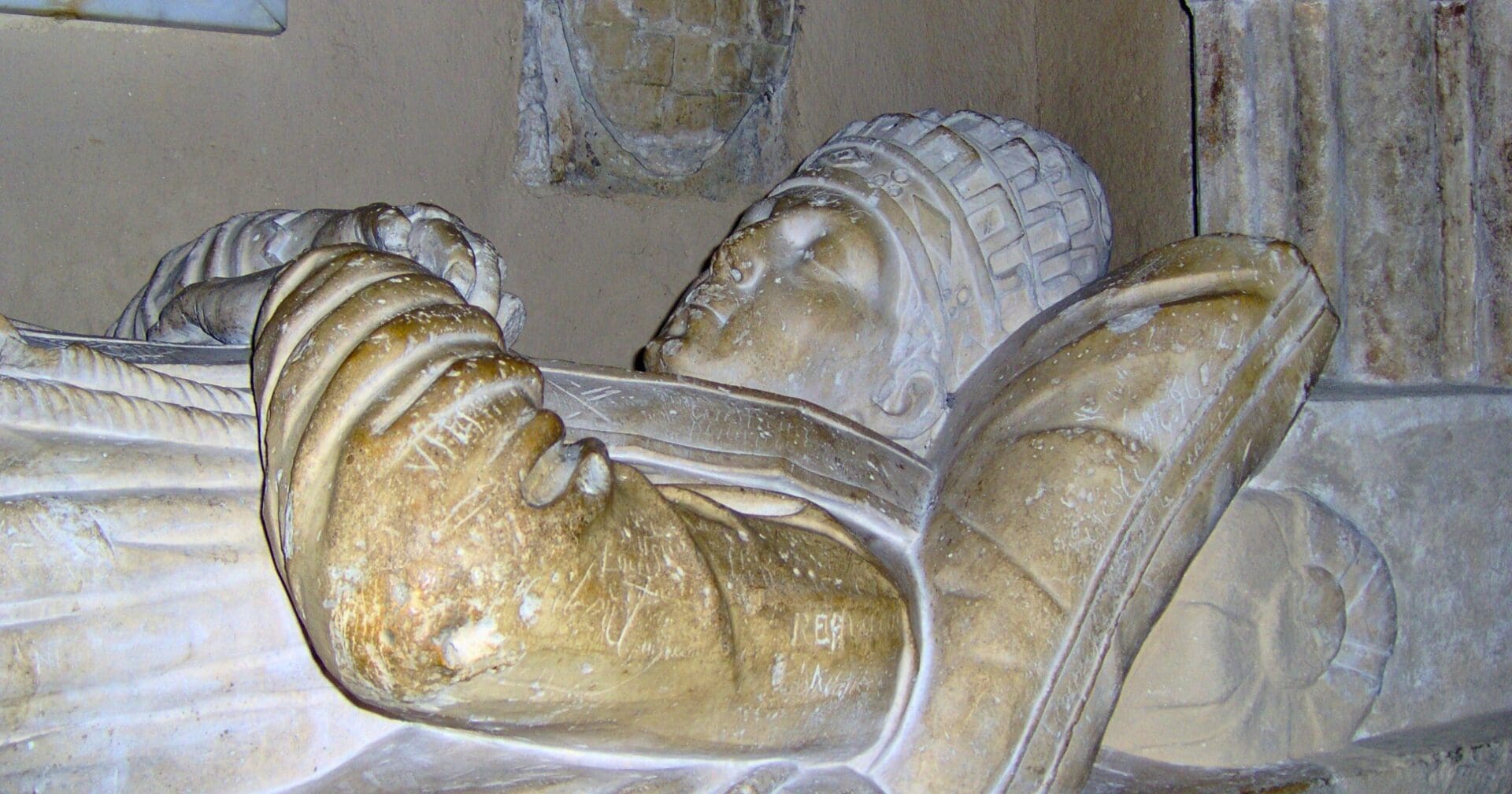Should the pope die or resign, a papal conclave is convened in order to elect the next Bishop of Rome. For hundreds of years, the process has been the same: the College of Cardinals sequesters themselves from the outside world and vote everyday. Voting continues until one of the “papabile” cardinals receives at least a two thirds majority of all the ballots in order to be elected the supreme pontiff. However, the procedure was not always as it is, leading to a peculiar situation in which one pope was elected by accident.
In papal conclaves of years past, it was common for cardinals to waste their vote during the first round on someone they colloquially considered could never actually be elected pope. This was done to discern the direction the college was voting, and to gauge which candidate was popular amongst the cardinals.
Today, the membership of the College of Cardinals consists of a total 216 cardinals. However, hundreds of years ago the size of the college varied greatly. While the practice of throw-away voting is feasible with a large amount of ballots, imagine what would happen if a college consisting of a mere sixteen cardinals voted for the same person intending to see how the rest of them were voting? That’s exactly what happened with the papal conclave of 1334.
An early favorite among the papabile was Cardinal Jean-Raymond de Comminges. However, on the first round of voting the obvious throw-away candidate was Cardinal Jacques Fournier, described as “lightly regarded because of his obscure origin and lack of wealth and following.” Intending to see how their fellow cardinals were voting, eleven of the sixteen unknowingly cast their ballots for the same candidate, Cardinal Fournier, giving him the majority vote. Papal conclave election procedure allows for no re-votes once a candidate achieves the majority required, and thus he became Pope Benedict XII.
Despite being voted in as an accident, the papacy of Benedict XII was a positive one. He was known as a reformer pope: he made peace with Holy Roman Emperor Louis IV, mitigated tensions between the Franciscans and Holy See, curbed the luxuries of monastic orders, and had the papal palace in Avignon built. He spent most of his papacy working on questions of theology, and promulgated many papal bulls that defined dogma.
Photo credit: Jjpetite via Wikimedia Commons















[…] Your Mind Uploaded In a Computer Wouldn’t Be You – Wesley J. Smith J.D., First Things The Time the Pope Was Elected by Accident – Billy Ryan, uCatholic Why Does Anybody Watch the Oscars? – Matthew Walther, The Week […]
So the “Accidental” Pope was not so bad a choice after all!
Holy Spirit
The first Pope to be selected by accident IMO
was the first layman to became Pope,
Pope St. Fabian in the 3rd century AD.
According to the account by Eusebius,
Fabian was elected pope
as a result of a sign from heaven.
During the conclave a dove appeared
and rested on his head.
Didn’t the creation of the Avignon palace set the stage for the Avignon Papacy which led to the Great Western Schism?
Since when is eleven two thirds of sixteen? I make 12 as thirds of 16!
11 unknowingly, so perhaps there was 1 who knowingly did vote for him?
Actually, wait, NO. 2/3 * 16 = 10 2/3, which rounds up to 11.
12/16 is 3/4.
“There are no accidents” -Kung Fu Panda